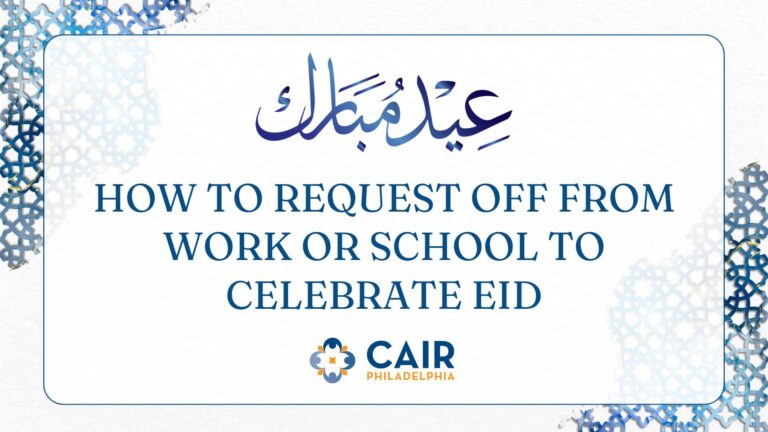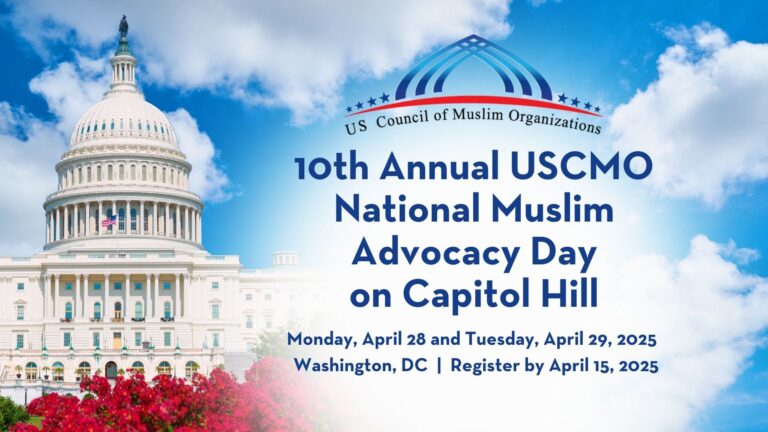by Stephanie Guerilus
The Philadelphia Tribune
Iftekhar Hussain, chairman of the CAIR-PA board of directors and a member of the CAIR-PA Philadelphia Chapter executive committee, can also tout his avocation as an instructor on his impressive resume. CAIR stands for Council on American-Islamic Relations.
Hussain is teaching the class “Understanding Islam and Muslims through History and Jurisprudence” at Downingtown Friends Meeting, 800 E. Lancaster Ave., Downingtown.
Hussain developed the 10-part course on behalf of CAIR, which has taken to reaching out to local churches and organizations in a bid to educate others about what Islam stands for.
Hussain has presented the course at more than 25 different venues over the past six years, but his first class at the institution prompted outbursts from protestors.
A local tea-party group called the Valley Forge Patriots interrupted the proceedings, picketing outside with offensive signs and even entering the establishment to ask offensive questions about the faith.
“When I do see actual resistance, I realize how much more actually needs to be done to really educate people,” Hussain said. “I don’t see my work in vain.”
Despite the early disruption, Hussain and the regular 40 attendees have remained committed to the purpose of the course, which is held every Thursday at 6:30 p.m.
“The class is designed to explore the Muslim theology, the Muslim history and Muslim society. It’s for those in the American public who either don’t have an understanding of Islam and Muslims,” he said.
The main source of textbook material is the Koran.
“The goal is to help the American public see that number one, how it was written and understood; how the source text was originally understood and then how the source text understanding has changed over the history of Muslim understandings,” Hussain said.
“And then we look at how America and its foreign policy has gotten involved over the last two centuries, if you will, with parts of the Muslim word. How that has informed the perspectives of Americans of Muslim society and the Muslim societies of America, and we explore these ideas and we also deal with some of the more difficult issues that go toward addressing the perceptions of Islam in American society.”
Hussain said a lack of basic understanding has been another difficulty he has faced.
“Usually the difficulties are very common from class to class. It is the sheer lack of exposure to the source text,” he said.
“So then you have to actually cover those basic materials, which most people understand then they can go and have a much deeper discussion. The second challenge I face is fear. People are afraid of Islam. People are afraid of Muslims, and that fear, based on the viewing of Islam and Muslims, can lead to what a lot of Muslims experience as Islamaphobia.”
The course will continue until March 4.





